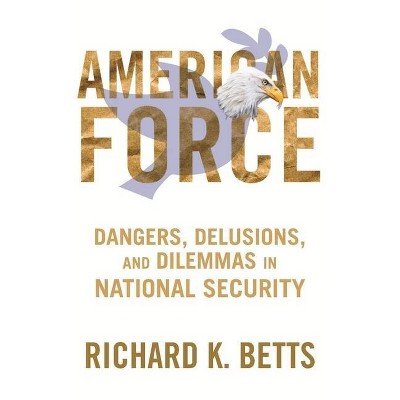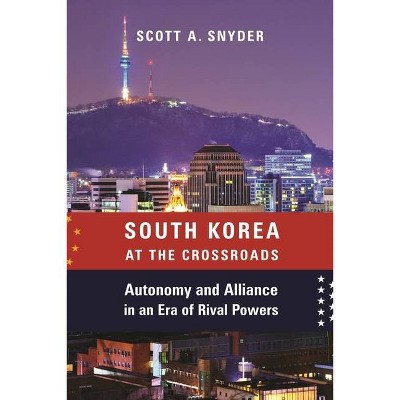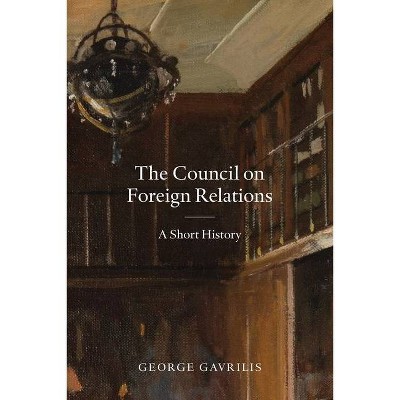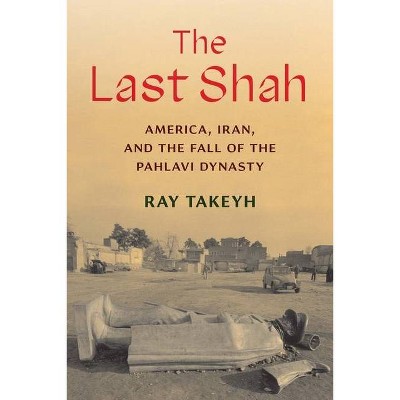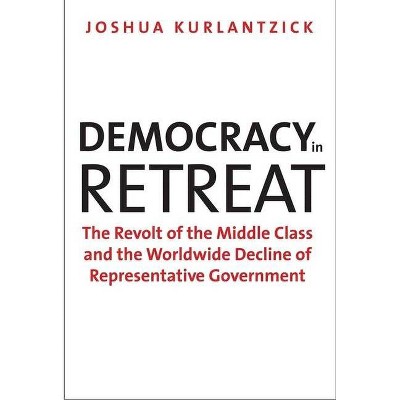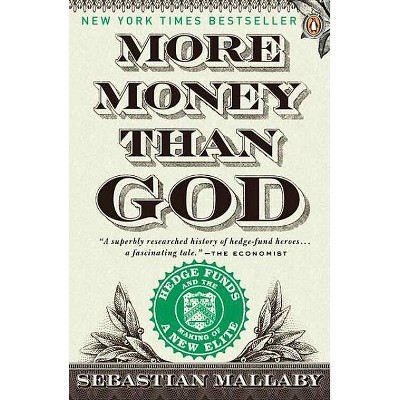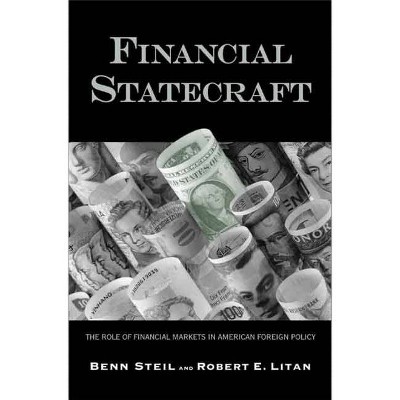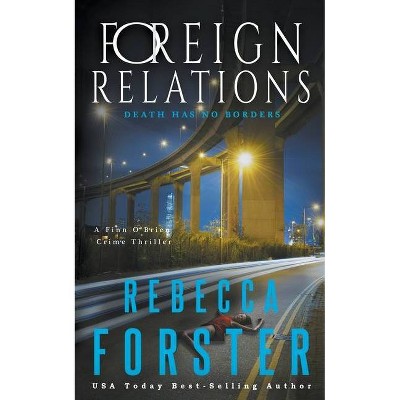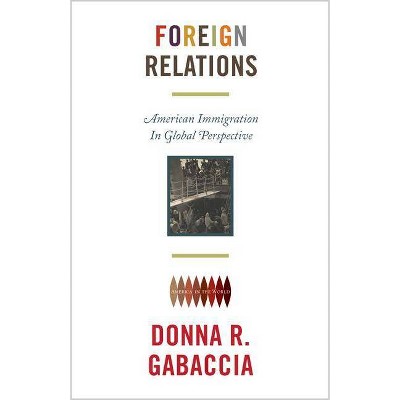Preventive Engagement - (Council on Foreign Relations Book) by Paul Stares (Hardcover)
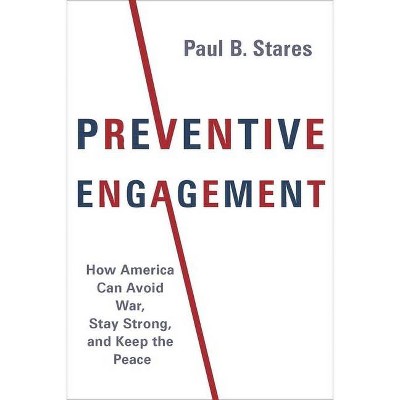
Similar Products
Products of same category from the store
AllProduct info
<p/><br></br><p><b> About the Book </b></p></br></br>Paul B. Stares proposes an innovative and timely strategy to resolve America's foreign-policy predicament based on forging "preventive partnerships" and becoming less shortsighted and reactive. <i>Preventive Engagement</i> provides a detailed and comprehensive blueprint for the United States to shape the future and reduce the potential dangers ahead.<p/><br></br><p><b> Book Synopsis </b></p></br></br><p>The United States faces an increasingly turbulent world. The risk of violent conflict and other threats to international order presents a vexing dilemma: should the United States remain the principal guarantor of global peace and security with all its considerable commitments and potential pitfalls--not least new and costly military entanglements--that over time diminish its capacity and commitment to play this vital role or, alternatively, should it pull back from the world in the interests of conserving U.S. power, but at the possible cost of even greater threats emerging in the future?</p><p>Paul B. Stares proposes an innovative and timely strategy--"preventive engagement"--to resolve America's predicament. This approach entails pursuing three complementary courses of action: promoting policies known to lessen the risk of violent conflict over the long term; anticipating and averting those crises likely to lead to costly military commitments in the medium term; and managing ongoing conflicts in the short term before they escalate further and exert pressure on the United States to intervene. In each of these efforts, forging "preventive partnerships" with a variety of international actors, including the United Nations, regional organizations, nongovernmental organizations, and the business community, is essential. The need to think and act ahead that lies at the heart of a preventive engagement strategy requires the United States to become less shortsighted and reactive. Drawing on successful strategies in other areas, <em>Preventive Engagement </em>provides a detailed and comprehensive blueprint for the United States to shape the future and reduce the potential dangers ahead.</p><p/><br></br><p><b> Review Quotes </b></p></br></br><br>National security officials often prepare to fight the last war. In <i>Preventive Engagement</i>, Paul Stares argues for doing more to prevent the next one. In an era when the United States is overcommitted and tensions are multiplying, learning to anticipate and head off trouble makes eminent good sense. Readers may not agree with all of Stares' recommendations, but his systematic, lucid, and forward-looking perspective is a valuable contribution to the broader debate on America's role in the world.--Stephen Walt, Robert and Renée Belfer Professor of International Affairs, Harvard University<br><br>Paul Stares offers a timely, much-needed antidote to a more turbulent world: a comprehensive strategy, drawing on all aspects of American power, to prevent conflict and advance U.S. interests without draining our human or financial resources. Far from disengaging America from the world, Stares rightly advocates greater but smarter engagement. His book is a compelling argument that strength and wisdom must be flip sides of the same foreign policy coin.--Tony Blinken, former U.S. Deputy Secretary of State<br><br>A welcome and persuasive case for a more nuanced and far-sighted foreign policy vision.--Proceedings, a journal of the U.S. Naval Institute<br><br>An erudite, elegant, extremely well-informed, and very thoughtful explanation of current American grand strategy, this book provides specific, finite, and feasible recommendations for improving the U.S. government's ability to anticipate and manage the latent risks of war.--Michael O'Hanlon, senior fellow, Brookings Institution<br><br>Given the ongoing turbulence in global politics, this timely, clearly written book is recommended for national security scholars and policy makers.--Choice<br><br><i>Preventive Engagement</i> is a tonic for these times of potentially profound changes and rising anxiety about the durability of the current international order. Paul B. Stares offers a convincing, very practical long-term strategy for preventing and mitigating the kind of global conflict that could otherwise engulf the United States and its allies, with an emphasis on reducing costly military action. Stares seeks to make prevention as much a cornerstone of foreign policy as it is of medicine.--Nancy Lindborg, president, U.S. Institute of Peace<br><br>Stares offers an optimistic--yet realistic and pragmatic--plan for using all elements of national power to better anticipate and mitigate global problems before they become unmanageable.--Peter Feaver, Duke University<br><br>The liberal international order as we know it is in retreat. The rise of Russia and China, combined with America's pullback and the uneven progress of globalization, have all shaken the foundations of our global political system--but as Paul Stares rightly points out, that doesn't mean all is lost. If Americans and/or members of the Trump administration still harbor hope of keeping any semblance of U.S. primacy intact, Stares's book is a good place to start.--Ian Bremmer, president and founder, Eurasia Group<br><p/><br></br><p><b> About the Author </b></p></br></br>Paul B. Stares is the General John W. Vessey Senior Fellow for Conflict Prevention and director of the Center for Preventive Action at the Council on Foreign Relations. The author or editor of nine books on U.S. security policy and international relations as well as a regular commentator on current affairs, Stares has worked at leading think tanks and universities in the United States, the United Kingdom, and Japan. He lives in the Washington, D.C., area.
Price History
Price Archive shows prices from various stores, lets you see history and find the cheapest. There is no actual sale on the website. For all support, inquiry and suggestion messagescommunication@pricearchive.us
